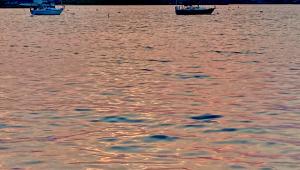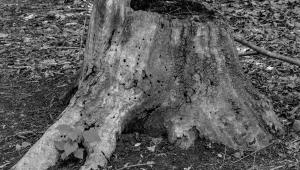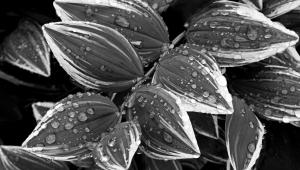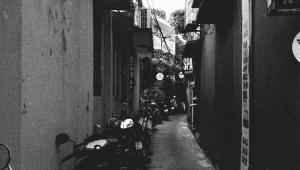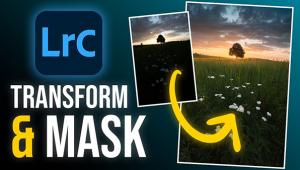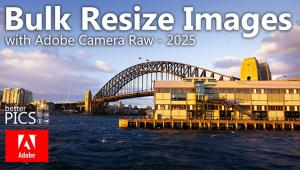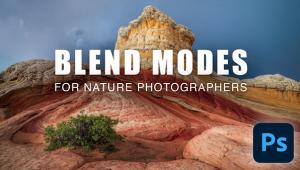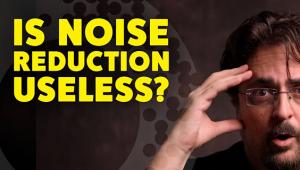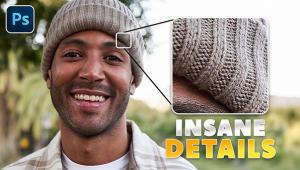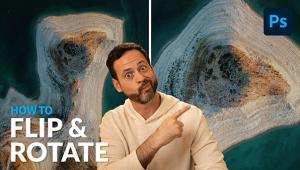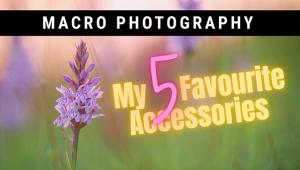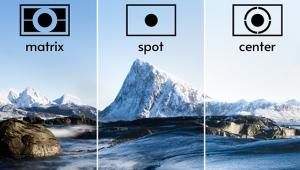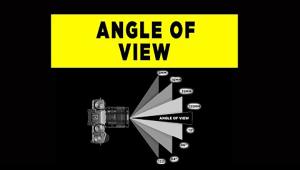Editor's Notes
As this issue is dedicated
to digital photography I thought it would be a good time to share some
thoughts on where we stand in the midst of this incredible change that
has taken place in photography over the past 10 or so years. These days,
it seems like if you support film photography you're like a monarchist
after the French Revolution. But we don't buy into the total rush
to digital, knowing full well that there are still many great images made
on film and that silver halide has its own charm, quality, and pleasing
attributes. Indeed, many photographers we know have actually returned
to capturing their images on film, although more and more are using the
film images they now make, and have made in the past, as source images
for work in the so-called digital darkroom. It is, for us, not a film
or digital debate, but one that centers around how the best quality can
be obtained. |


